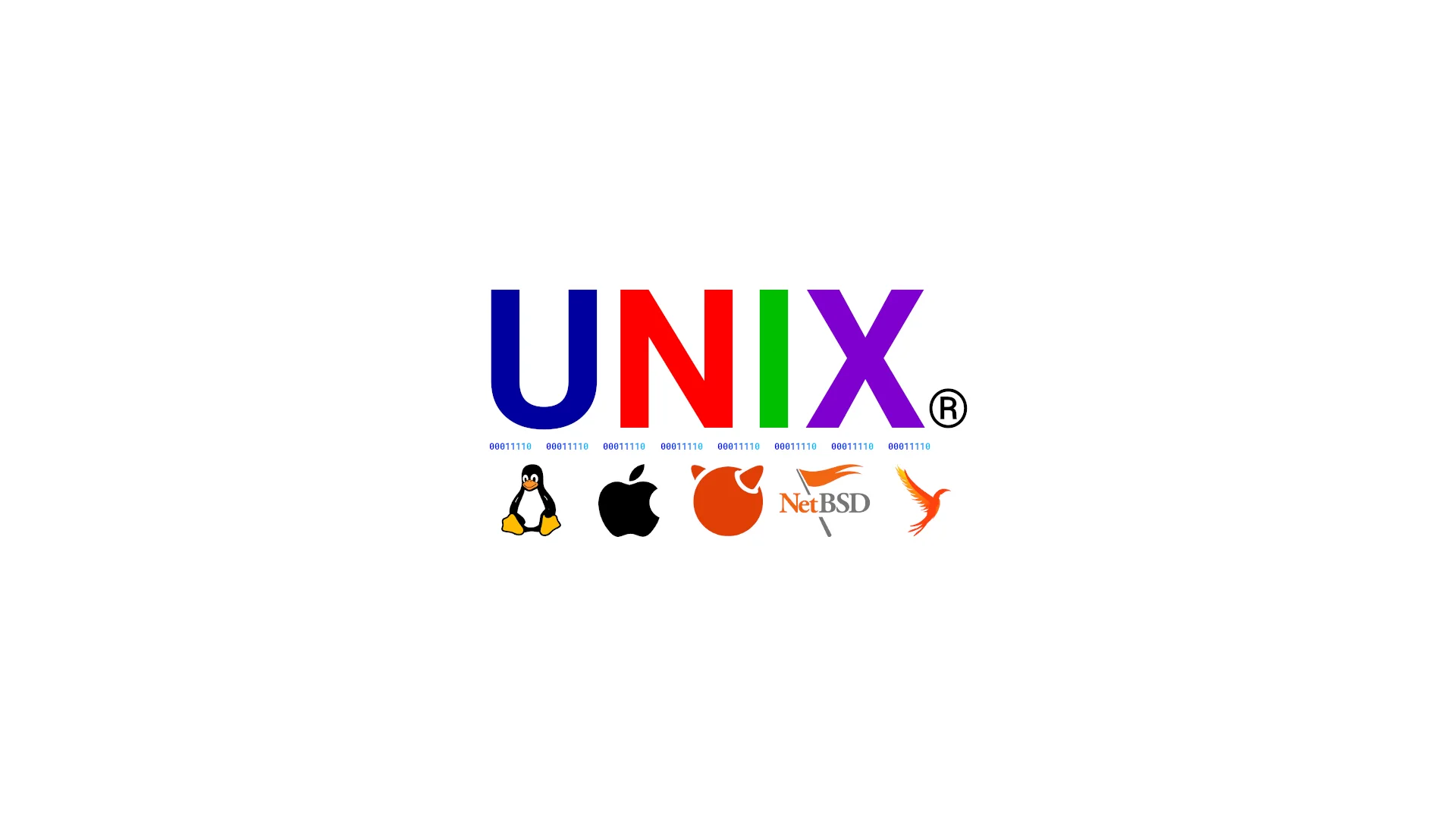 Blog's Page
Blog's Page

UNIX Is A Popular And Influential Operating System That Was Developed In The 1960s And 1970s. It Was Originally Designed By A Group Of Researchers At Bell Labs, Including Ken Thompson, Dennis Ritchie, And Others. UNIX Is Known For Its Simplicity, Elegance, And Power, And It Has Had A Significant Impact On The Development Of Modern Operating Systems.
Here Are Some Key Characteristics And Features Of The UNIX Operating System:
Multiuser: UNIX Was Designed From The Beginning To Be A Multiuser System, Meaning That Multiple Users Can Log In And Use The System Simultaneously.
Multitasking: UNIX Supports Multitasking, Which Allows Multiple Processes Or Programs To Run Concurrently, Sharing The System Resources Such As The CPU, Memory, And Peripherals.
Shell: UNIX Provides A Command-line Interface Called A Shell, Which Allows Users To Interact With The Operating System By Typing Commands. The Shell Interprets The Commands And Executes Them Accordingly.
File System: UNIX Uses A Hierarchical File System, Where Files And Directories Are Organized In A Tree-like Structure. Each File And Directory Is Represented By A Path, Starting From The Root Directory ("/"). The File System Provides Various Commands For Creating, Manipulating, And Accessing Files And Directories.
Portability: UNIX Was Designed To Be Highly Portable, Meaning It Can Run On Different Hardware Architectures With Minimal Modifications. This Portability Contributed To The Widespread Adoption Of UNIX In Various Environments.
Networking: UNIX Has Built-in Networking Capabilities, Allowing Machines Running UNIX To Communicate And Share Resources Over A Network. This Feature Has Been Crucial In The Development Of The Internet And The Proliferation Of Networked Systems.
Over The Years, UNIX Has Evolved Into Different Flavors Or Distributions, Including Commercial Versions Like Solaris, AIX, And HP-UX, As Well As Open-source Versions Like Linux And The Various BSD (Berkeley Software Distribution) Variants. These UNIX-like Systems Have Expanded Upon The Original UNIX Concepts While Adding Their Own Features And Enhancements.
UNIX Has Had A Profound Influence On The Development Of Other Operating Systems, Including Linux, MacOS, And Even The Windows NT Kernel. Many Of Its Principles And Design Concepts Have Become Standard In Modern Operating Systems, Making UNIX A Fundamental And Enduring Piece Of Computing History.
UNIX Provides A Wide Range Of Functions And Utilities That Are Available To Users For Various Tasks.
Here Are Some Commonly Used UNIX Functions:
File And Directory Operations:
ls: Lists Files And Directories In The Current Directory Or Specified Location.cd: Changes The Current Working Directory.mkdir: Creates A New Directory.rm: Removes Files And Directories.cp: Copies Files And Directories.mv: Moves Or Renames Files And Directories.chmod: Modifies File Permissions.Text Processing:
cat: Concatenates And Displays The Contents Of Files.grep: Searches For Specific Patterns Or Regular Expressions In Files.sed: Stream Editor For Modifying Text Using Regular Expressions.awk: Text Processing Language For Extracting And Manipulating Data.sort: Sorts Lines Of Text In A File.cut: Extracts Specific Fields Or Columns From A File.Input/Output Redirection And Pipelines:
>: Redirects The Output Of A Command To A File.<: Reads Input From A File Instead Of The Standard Input.|: Creates A Pipeline To Pass The Output Of One Command As Input To Another.Process Management:
ps: Lists Currently Running Processes.kill: Terminates A Running Process.top: Displays Real-time Information About System Processes.bg: Runs A Process In The Background.fg: Brings A Background Process To The Foreground.System Information And Configuration:
uname: Displays System Information Such As The Operating System And Kernel Version.who: Shows Currently Logged-in Users.df: Displays Disk Space Usage.du: Shows Disk Usage Of Files And Directories.ifconfig: Configures Network Interfaces.File Manipulation:
tar: Archives Multiple Files Into A Single File (tape Archive).gzip: Compresses Files Using The Gzip Algorithm.gunzip: Decompresses Files Compressed With Gzip.zip: Creates Compressed Zip Archives.unzip: Extracts Files From Zip Archives.These Are Just A Few Examples Of The Many Functions Available In UNIX. The UNIX Command-line Interface Offers Extensive Capabilities For File Management, Text Processing, Process Control, System Administration, And More.
As Of My Knowledge Cutoff In September 2021, The Latest Version Of The UNIX Operating System Was Not A Single Unified Release, But Rather Different Distributions And Variants That Have Continued To Evolve Independently.
Here Are Some Notable UNIX-like Operating Systems And Their Latest Versions As Of That Time:
Linux: Linux Is A Popular Open-source UNIX-like Operating System. There Are Numerous Distributions, Each With Its Own Release Cycles. As Of September 2021, Some Prominent Linux Distributions And Their Latest Versions Were:
macOS: MacOS Is A UNIX-based Operating System Developed By Apple For Their Macintosh Computers. The Latest Version As Of September 2021 Was MacOS Big Sur (version 11.0).
FreeBSD: FreeBSD Is A Free And Open-source UNIX-like Operating System. The Latest Stable Release As Of September 2021 Was FreeBSD 13.0.
OpenBSD: OpenBSD Is A Secure UNIX-like Operating System Known For Its Emphasis On Security And Code Correctness. The Latest Release As Of September 2021 Was OpenBSD 6.9.
Please Note That The Information Provided Above Reflects The State Of The Operating Systems As Of September 2021, And There May Have Been Newer Releases Since Then. I Recommend Visiting The Official Websites Of The Respective Operating Systems To Get The Most Up-to-date Information On Their Latest Versions.
Unix Operating System, Unix Operating System,